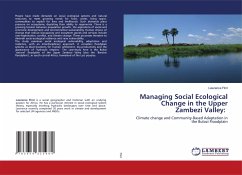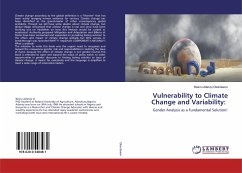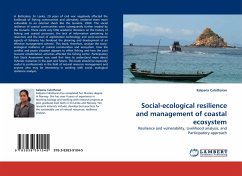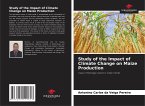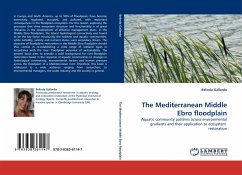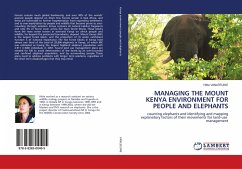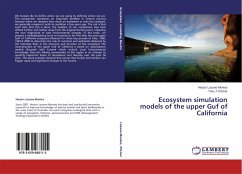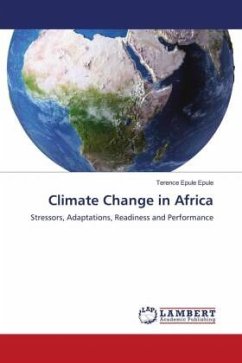People have made demands on social ecological systems and natural resources to meet growing needs for food, water, living space, commodities to exploit for lives and livelihoods. Such demands place pressure on ecosystems, depleting their ability to regenerate. There is a growing tension between population growth, the aspirations of social and economic development and environmental sustainability. Human drivers of change that reduce biocapacity and ecosystem goods and services include over-exploitation, conflict, and climate change. These processes threaten to diminish socio-ecological resilience and raise vulnerability.The study examines social ecological vulnerability, adaptation and resilience, with an interdisciplinary approach. It considers floodplain systems as ideal locations for human settlement, bio-productivity and the appearance of 'hydraulic empires.' The case-study here is the Bulozi 'natural' floodplain of the Upper Zambezi Valley (also the 'Barotse floodplain'), in south central Africa, homeland of the Lozi peoples.
Bitte wählen Sie Ihr Anliegen aus.
Rechnungen
Retourenschein anfordern
Bestellstatus
Storno

